Youth-led horticultural enterprise showcases growing participation in Rwanda’s export-oriented agribusiness industry
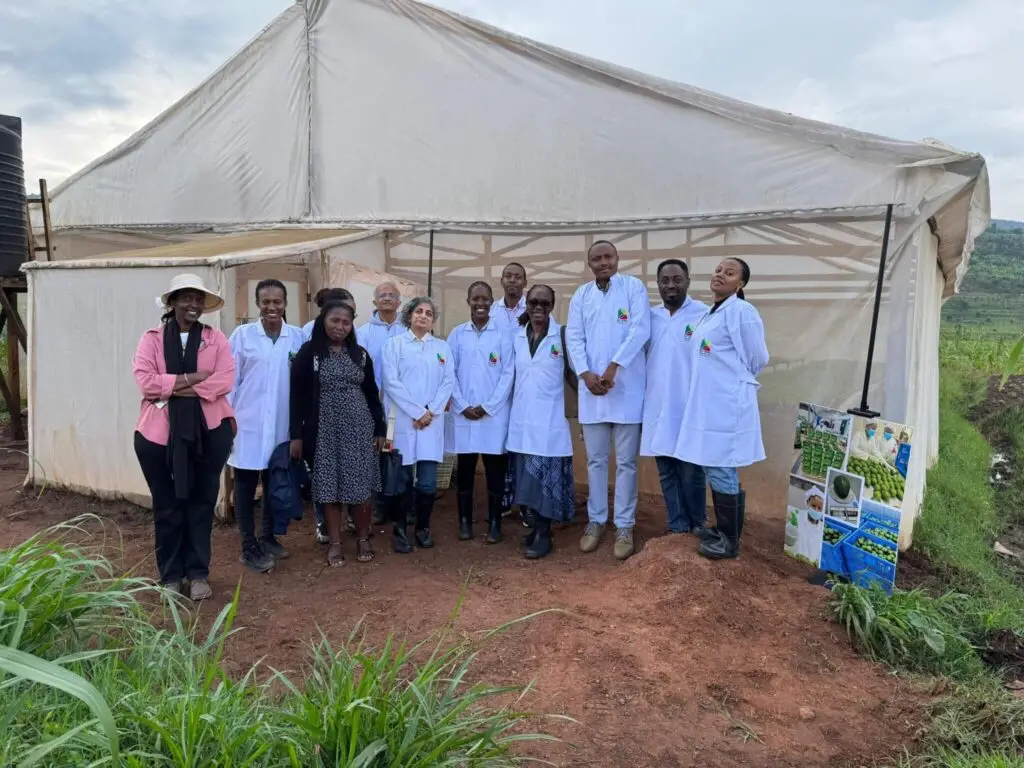
A joint delegation from TradeMark Africa (TMA), Mastercard Foundation, and the International Trade Centre (ITC) recently visited a young woman-led horticultural export business in Rwamagana, Rwanda. This visit underscored their collective commitment to helping Rwandan youth and women-led horticultural enterprises achieve significant success in export markets. The delegation gained valuable insights into ongoing interventions and their emerging impact, all […]
Uganda Rallies Behind Regional Fisheries Transformation Programme for Women and Youth in Africa
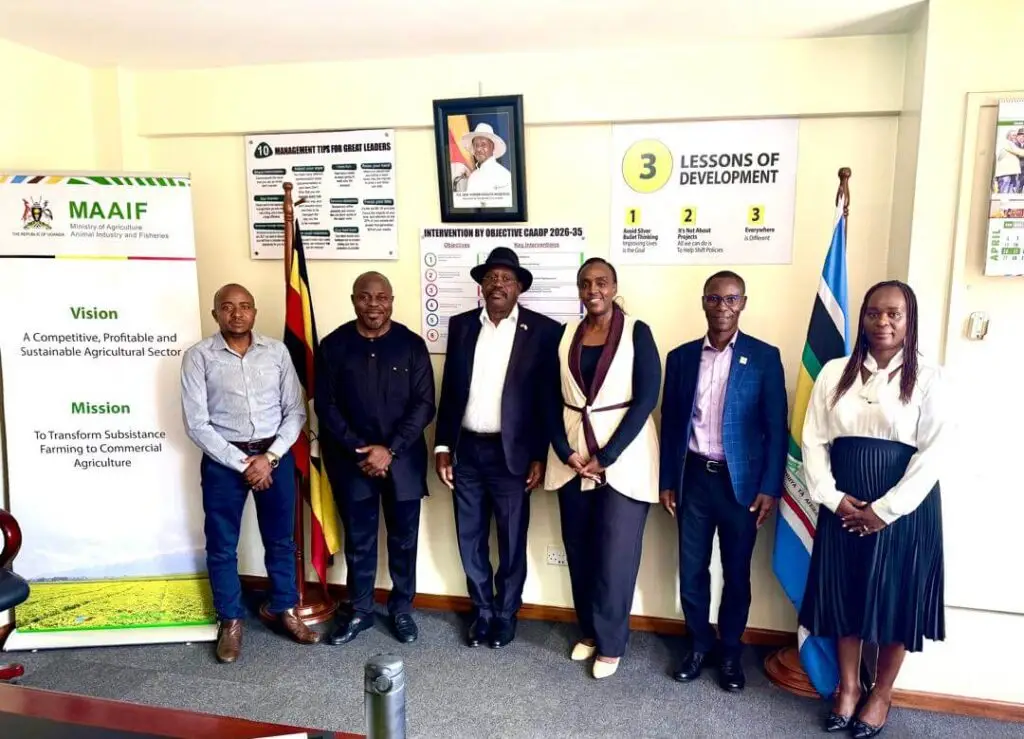
The Government of Uganda has affirmed its commitment to supporting efforts for transforming the country’s fisheries sector through a stronger focus on commercialisation, sustainability and inclusive growth. Uganda’s Ministry of Agriculture, Animal Industry and Fisheries (MAAIF) Permanent Secretary, Maj. Gen (Rtd). David Kasura made the remarks during a meeting with representatives of the AfCFTA Private […]
Digitalisation is changing trade, but we’re not there yet

Reflections from the EU-Kenya Business Forum 2025 At this week’s EU-Kenya Business Forum in Nairobi, TMA’s Director for Digital Trade, Erick Sirali, led a conversation on how digitalisation is transforming customs and trade facilitation. There was an acknowledgement that while Africa has made progress in digitalisation, the work ahead is considerable. We are talking, fragmented systems, redundant […]
Information disclosure is a powerful catalyst for corporate environmental and social sustainability
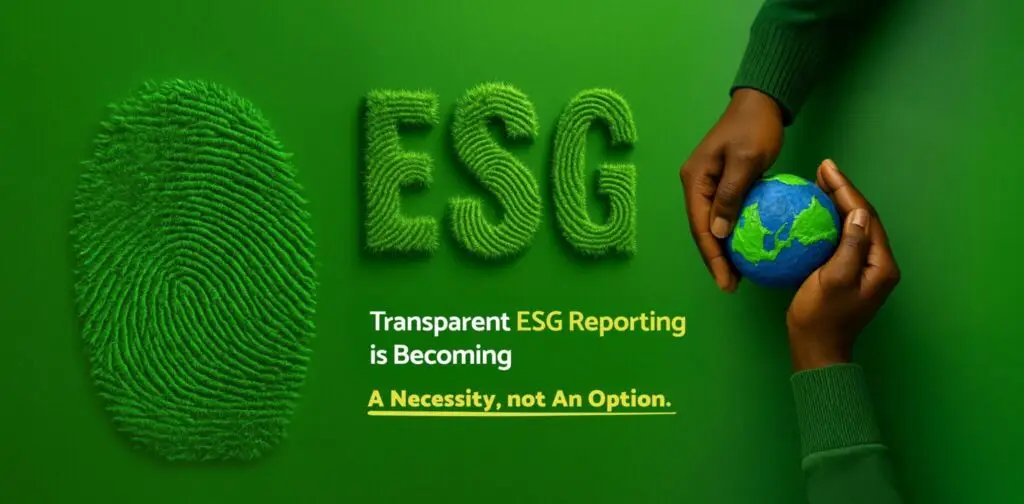
By Ben Mbindah, Safeguarding and Project Risk Officer, TradeMark Africa The disclosure of financial performance of organisations has always been an important tradition to informing investor decision-making. However, in recent years, the additional transparency around the environmental and social impacts for organisations has gained momentum. This shift reflects a growing recognition among companies and institutions […]
Unlocking trade potential through a new model that quantifies the cost of non-tariff barriers in East Africa
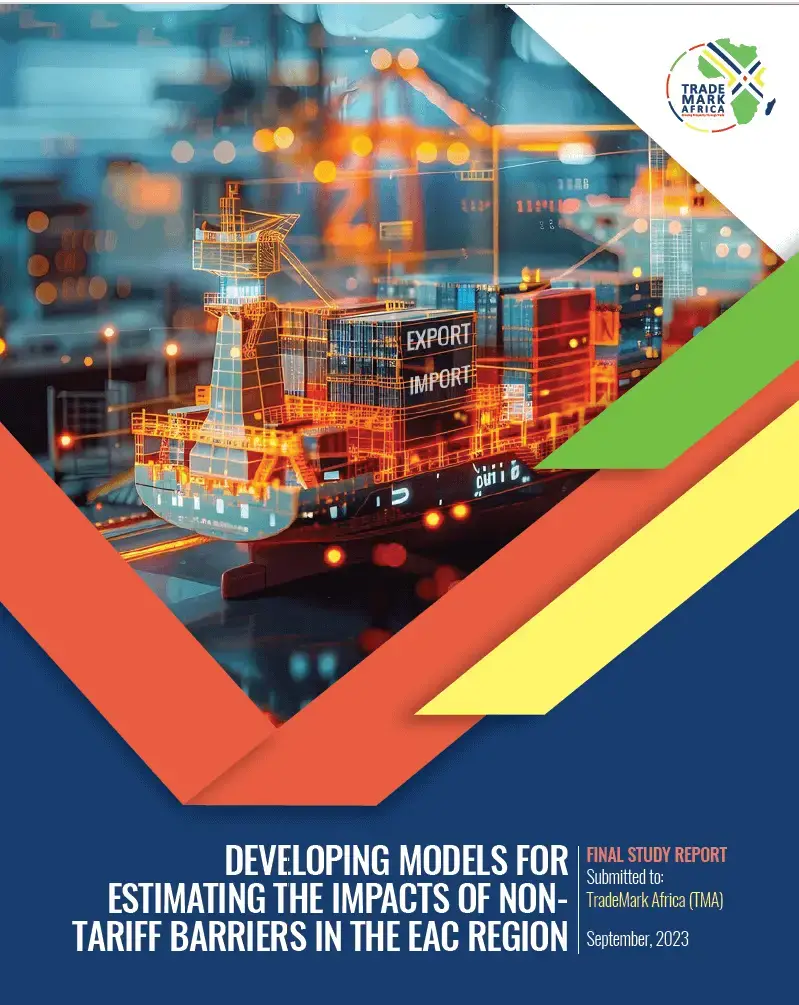
Click Here to View the Publication Over the past two decades, non-tariff barriers (NTBs) have emerged as the most persistent and complex challenge to international trade, with their prevalence steadily rising across the world. The East African Community (EAC) has not been immune to this trend, with NTBs continuing to evolve in form and scope, […]
Tracking East Africa’s top agricultural commodities and export destinations – New Report
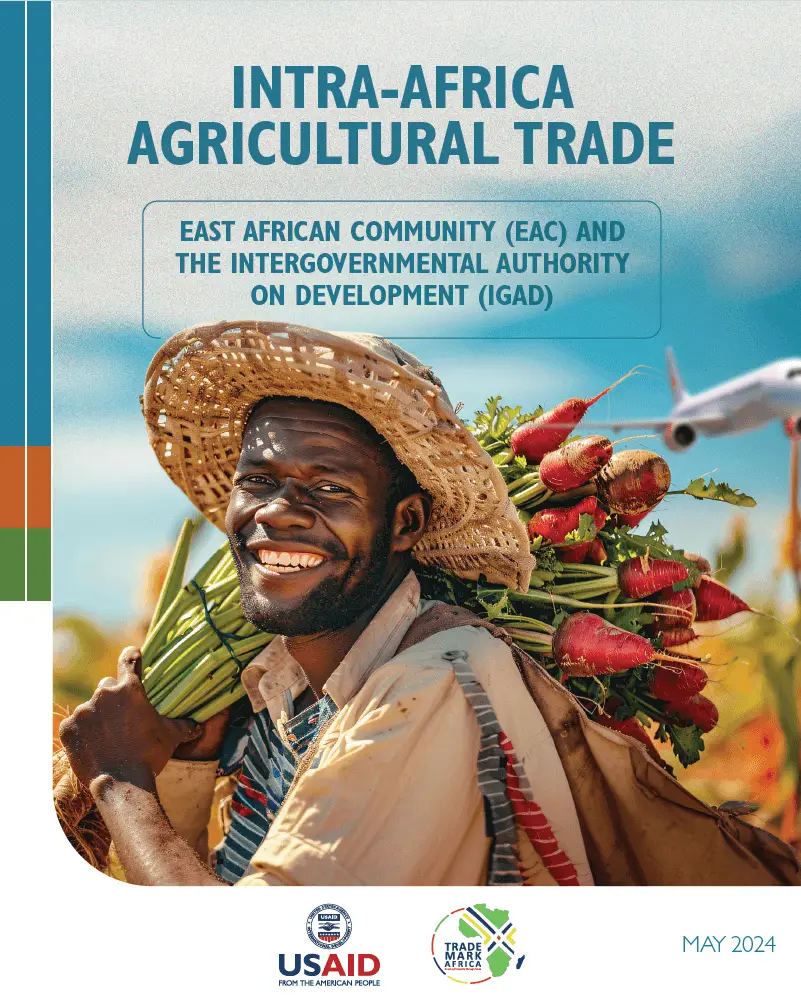
Click to download the Report East Africa’s agricultural trade is evolving, with commodities such as tea, coffee, cereals, and edible vegetables driving exports across the East African Community (EAC) and Inter-Governmental Authority on Development (IGAD) regions. A new TradeMark Africa report, “Intra-Africa Agricultural Trade 2024,” notes that tea, in particular, stands out as a major […]
TradeMark Africa commits to supporting Côte d’Ivoire to increase its trade
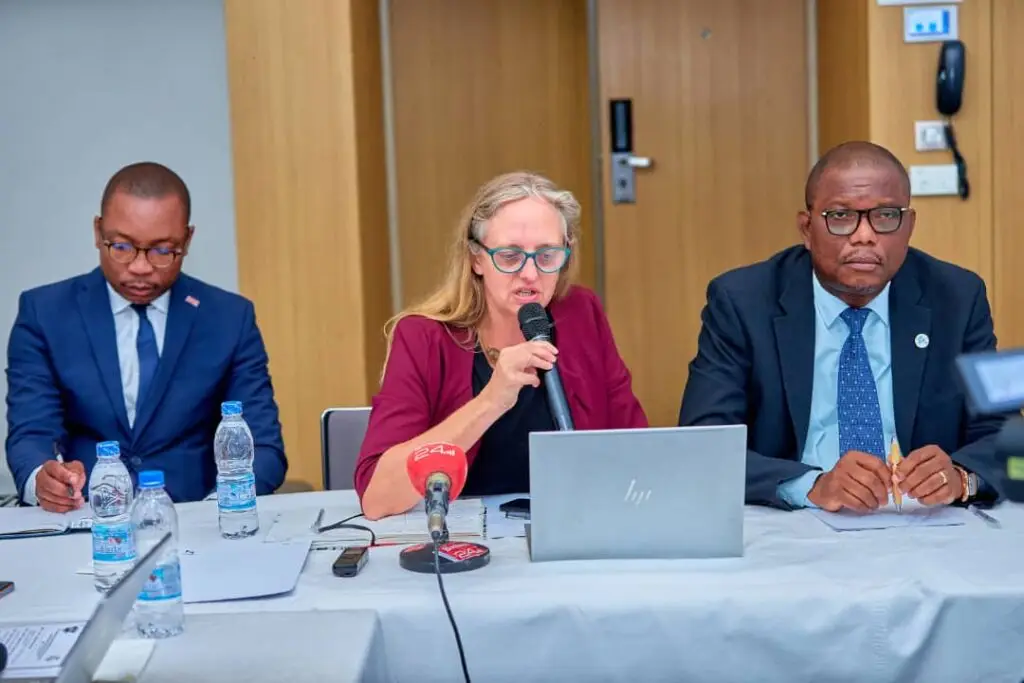
TradeMark Africa (TMA) has reaffirmed its commitment to working closely with the Government of Côte d’Ivoire to advance sustainable and inclusive intra-African trade and to implement trade facilitation measures designed to increase exports to global markets. TMA’s Director of Strategy and Partnerships, Anthe Vrijlandt, made the remarks during the third meeting of the National Oversight […]
Transforming Trade for Women in Mahagi Towards Safer and Fairer Cross-Border Practices
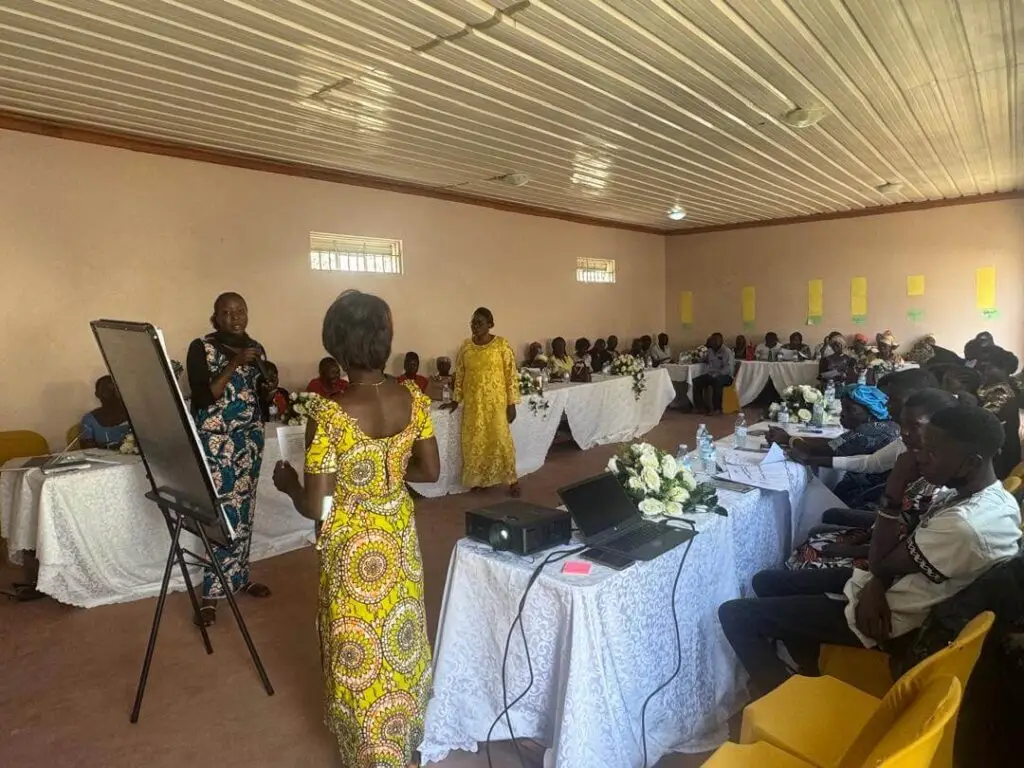
Mahagi, situated on the eastern border of the Democratic Republic of Congo (DRC), serves as a vital cross-border trade hub with Uganda, where women predominantly engage in small-scale trading activities. Despite their crucial role, these women often operate under challenging circumstances marked by informality, insecurity, and limited access to protection, information, and fundamental rights. Recognizing […]
Unlocking East African Community (EAC)’s export potential under the AfCFTA
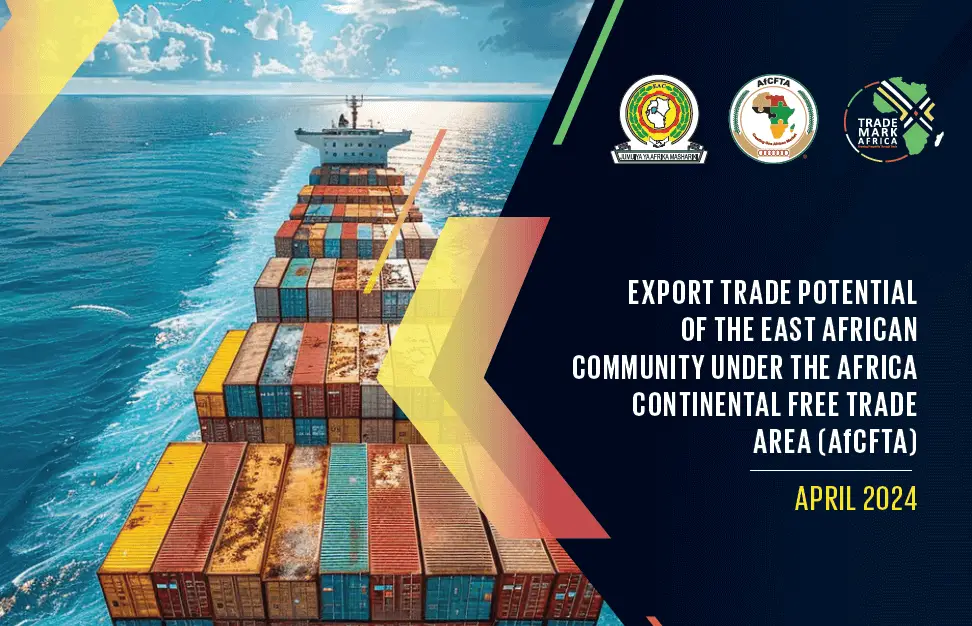
The East African Community (EAC) is poised to reap substantial benefits from enhanced trade integration across the African continent, particularly through the African Continental Free Trade Area (AfCFTA). A recent study, titled “Export Trade Potential of the East African Community under the Africa Continental Free Trade Area (AfCFTA) 2024,” indicates that the region’s total export […]
A Pan-African Vision for Trade and Prosperity

This year marked the beginning of TradeMark Africa’s Strategy 3 (2023-2030) – an ambitious plan to drive sustainable and resilient trade as a pathway to prosperity. Over the last 14 years, TMA has facilitated nearly $1 billion in investments, making cross-border trade easier and boosting regional integration. From promoting trade-friendly policies to upgrading physical infrastructure […]

